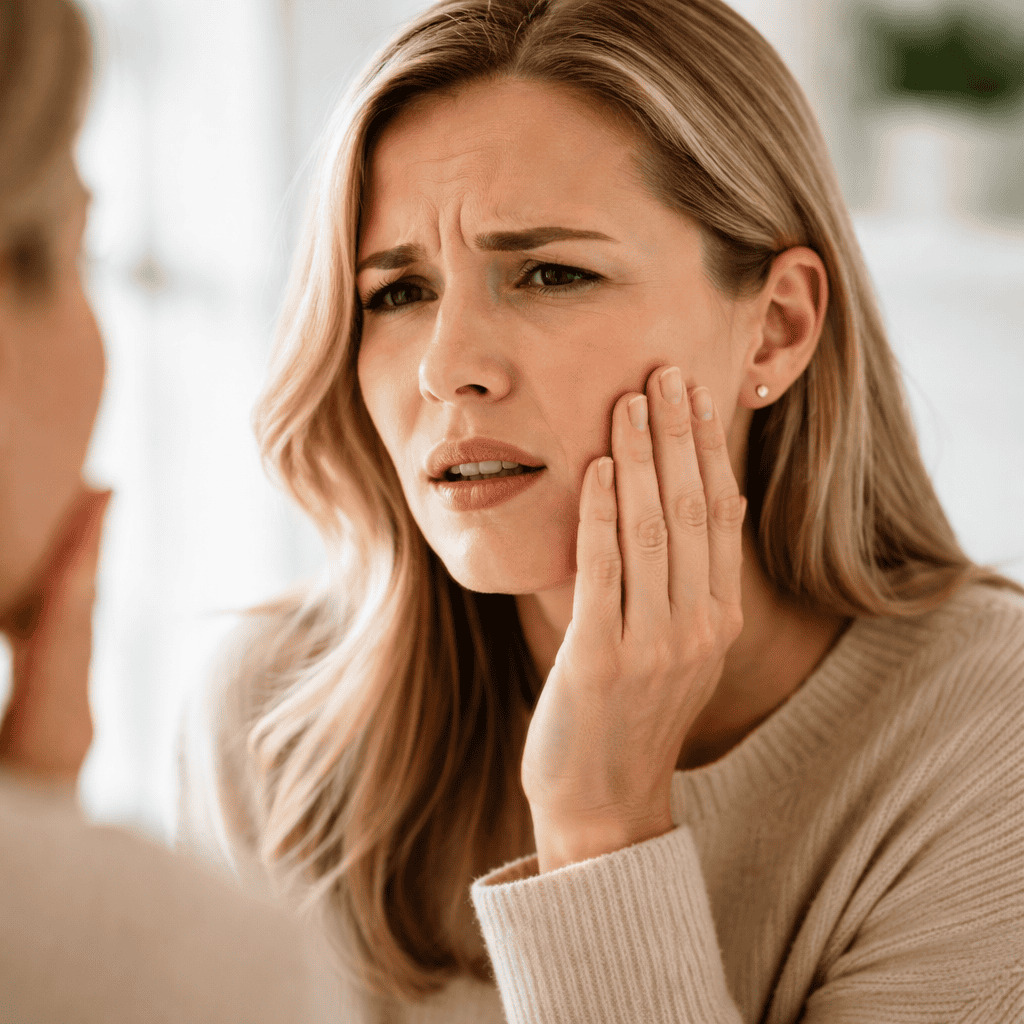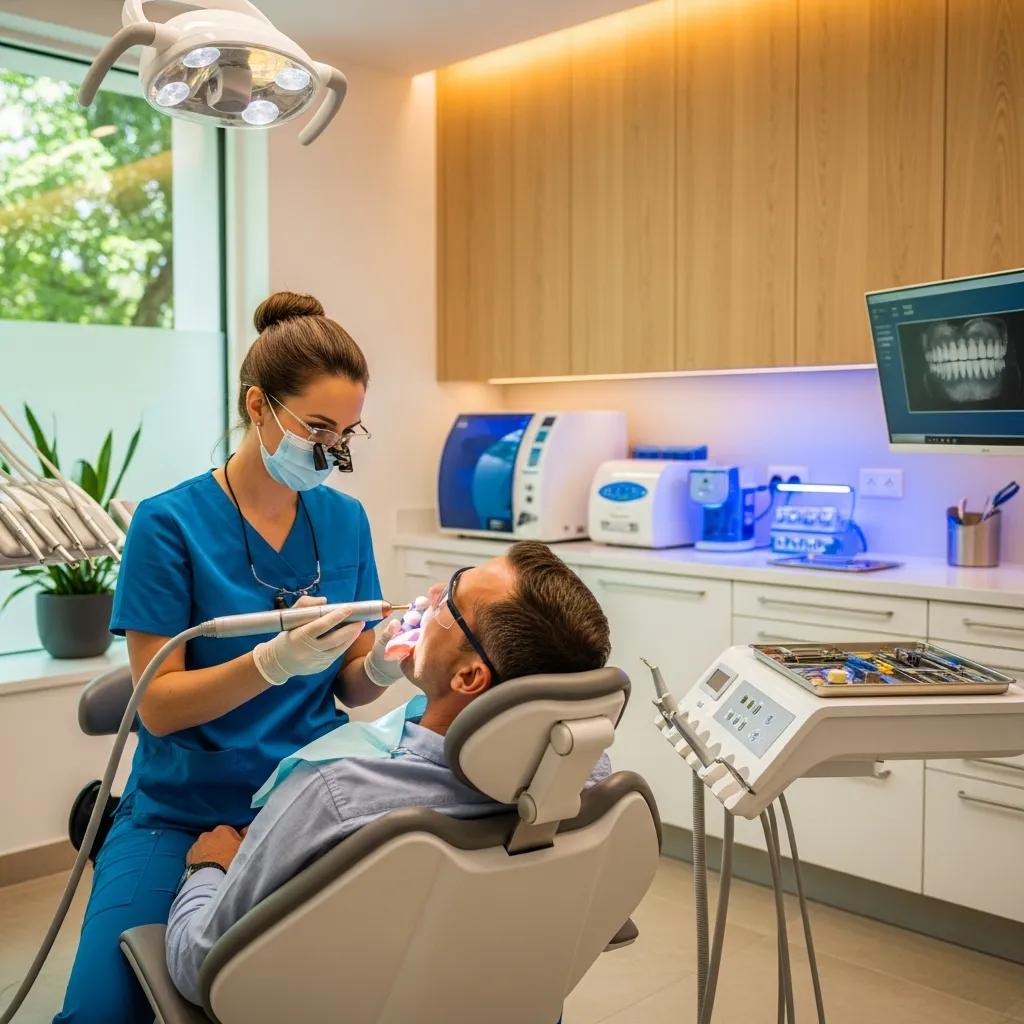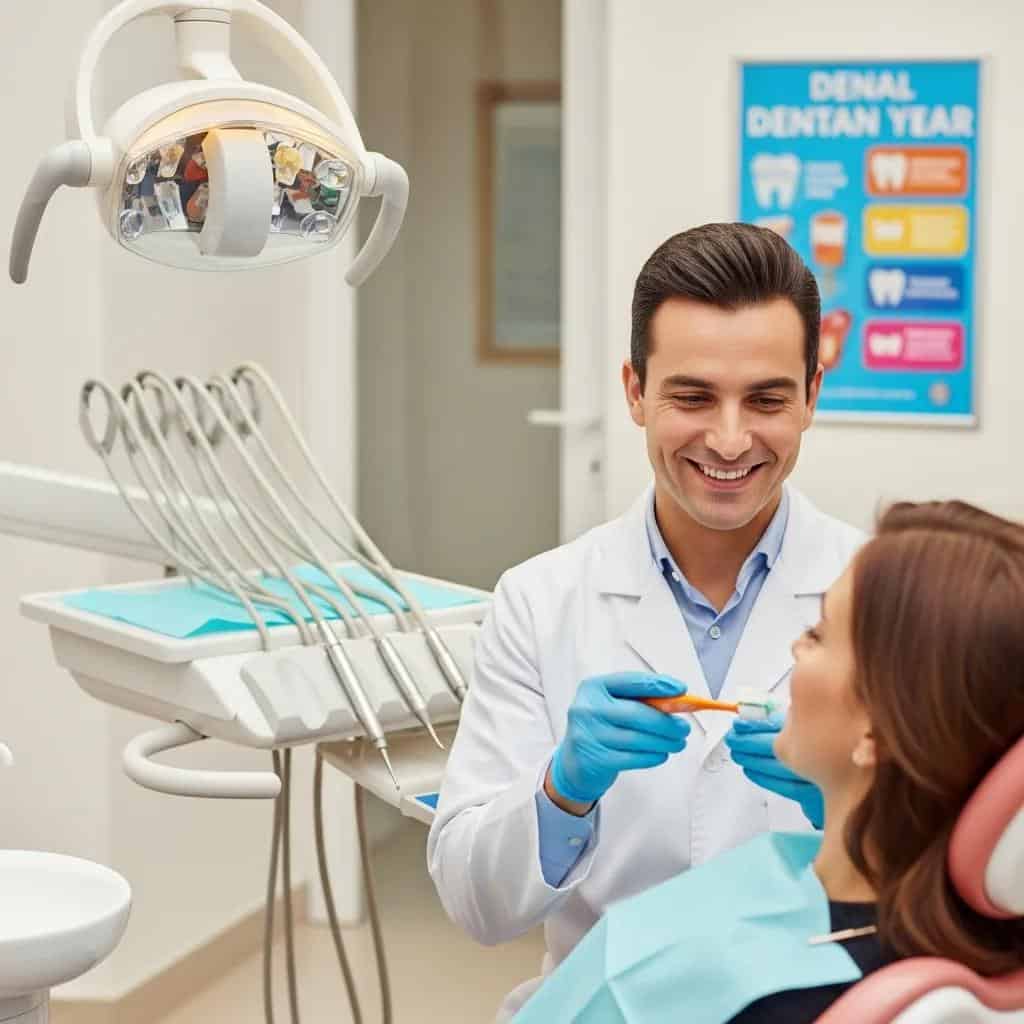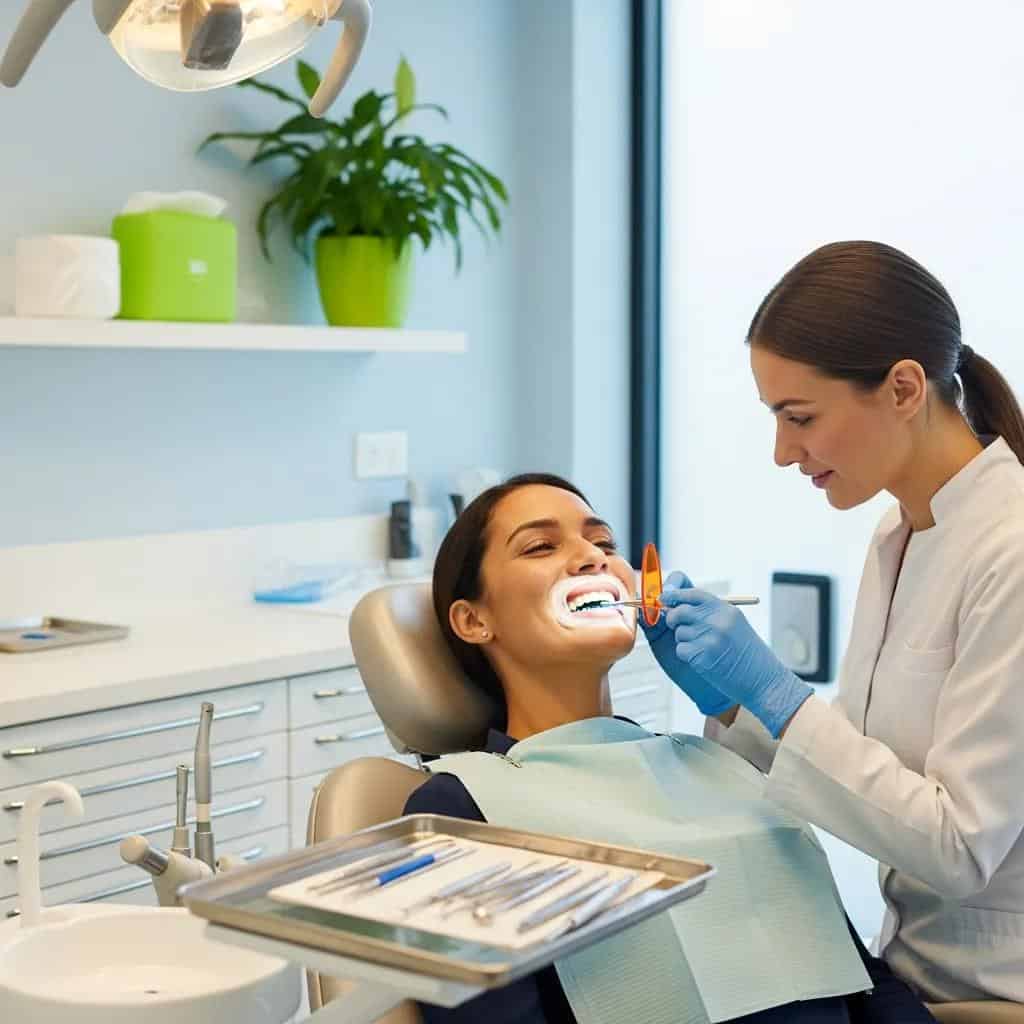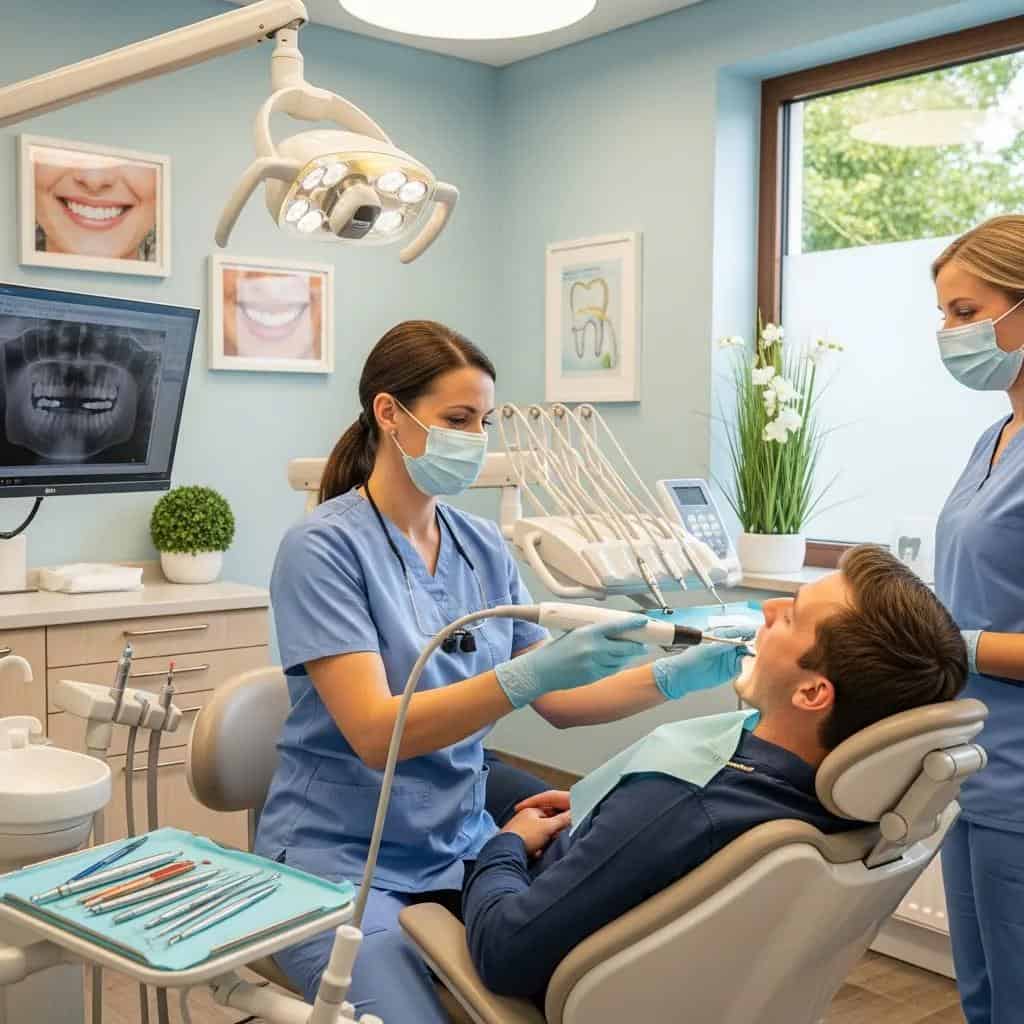It’sOral Cancer Awareness Month
In 2024, more than 58,000people will receive oral cancer diagnoses.As we observeOral Cancer Awareness Month this April, our team is committed to empowering patients with crucial knowledgeto protect their health. Read on to learn about oral cancer, the importance of early detection,common signsand symptoms, and how to protect your oral health.
What is Oral Cancer?
Oral cancer refers to abnormal cell growth in the mouth or throat. This disease can affect various areasof the oral cavity, including the lips, tongue, cheeks, gums, and throat.
While tobacco use and heavyalcohol consumption are well-known risk factorsfor oral cancer, the human papillomavirus(HPV) infection has also been linked to the developmentof this disease.Regardless of the cancer's origin, early detection significantly improves thelikelihoodof remission.
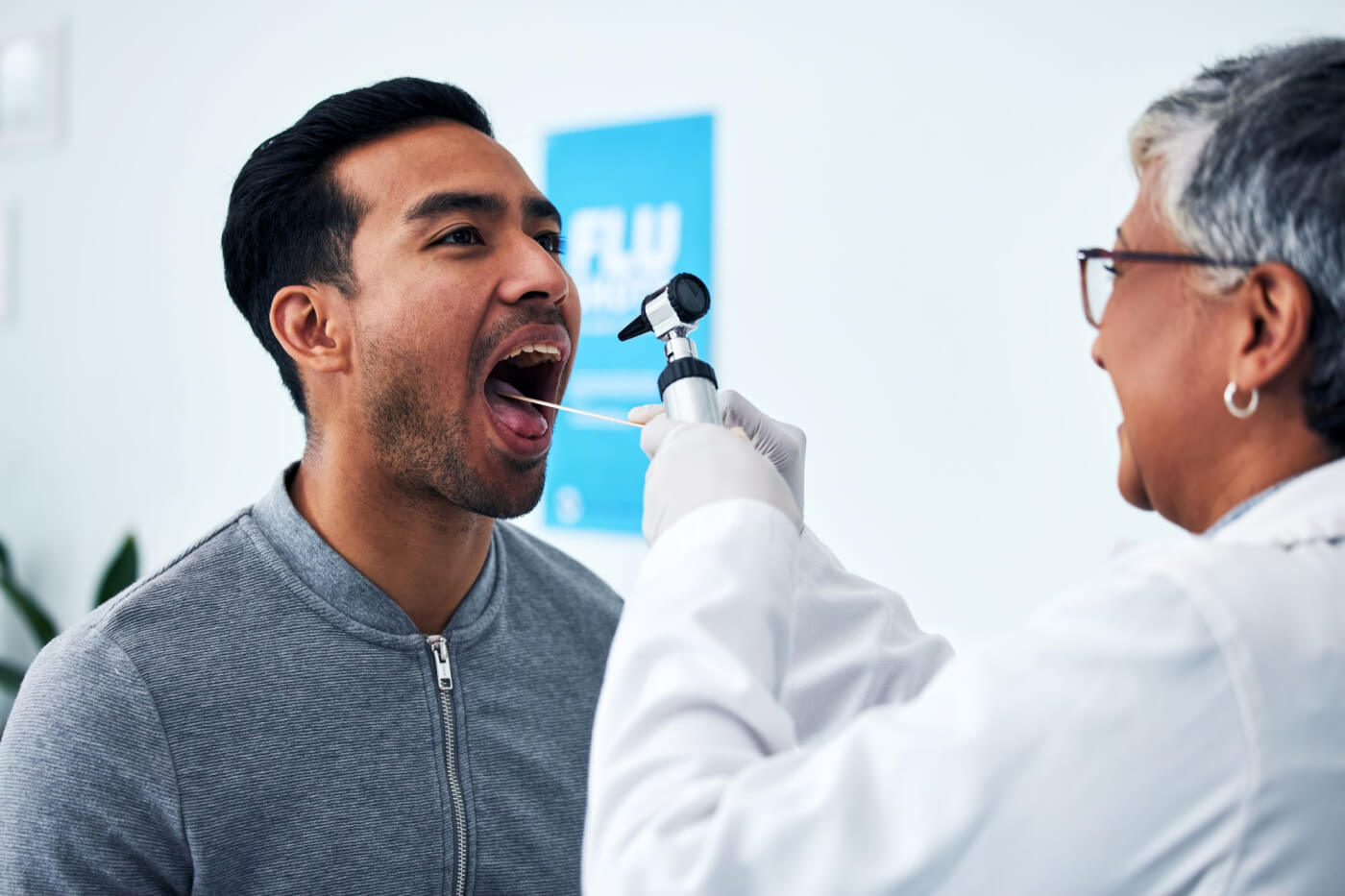
The Powerof Early Detection
Early detection of oral cancer is vitalfor successfultreatment outcomes, which reach up to86%when first addressed inthe early stages. Dentists are often the firsthealthcare providers to detect signs of oral cancer during routine exams. During each annualdental check-up, your dentist diligently checks for signs or symptoms of oral cancer. In the eventthatabnormal tissue isfound, a quick biopsycan determineif it is cancerous.
Signs and Symptoms
Even thoughyour dental team screens for oral cancer duringroutine visits, it isstill essential for patients to be aware of the signs and symptoms of oral cancer.If you experience any of the following symptoms for more than two weeks, schedule an appointment with yourdentalor healthcare provider as soon as possible:
- Mouth sores or ulcers that do not heal
- Red or white patches on cheeks or gums
- Lumps or thickening of the oral tissue
- Difficultywith chewing, swallowing, or speaking
- Chronic sore throat or hoarseness
- Numbness or pain in the mouth or lips
How to Protect Your Health
Oral cancer poses a higher risk to men, with a lifetime risk of1 in 59,compared to 1 in 139 for women.While certain risk factors for oral cancer, such as genetics, gender,and age, are beyond control, there are preventiveactionsyou can take to lower your personal risk:
- Avoidany form oftobacco use, including cigarettes, cigars, pipes, and smokeless tobacco
- Limit alcohol consumption
- Practice good oral hygiene, including brushing your teeth twice a day, daily flossing, and regular dental check-ups and cleanings
- Discuss the HPV vaccination with your healthcare provider
This April, we encourage each patient to take the initiative to learn more about their oral cancer risk and how to protect their health.Ifyou have any concerns, do nothesitateto schedule an exam. Remember, early detection is key to successful treatment outcomes.


